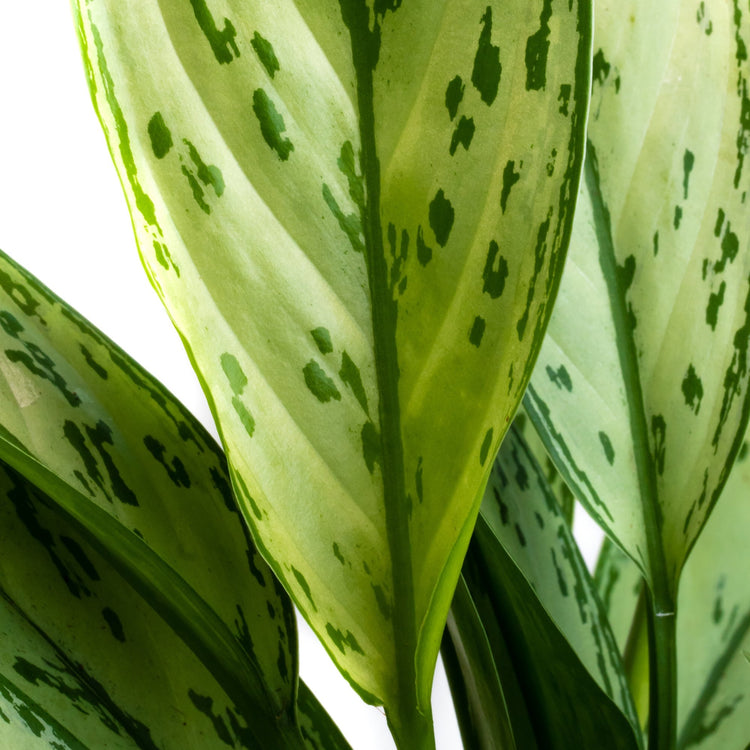-
About Aglaonema: Care & tips
Aglaonema: Care & tips assortmentThe Aglaonema comes naturally from the tropical areas of Indonesia and surrounding areas. There it grows under the larger plantings of the tropical rainforest. This means that the plant thrives in a dark spot .
-
Features Aglaonema: Care & tips
- Medium thirst
- Partial shade - lots of indirect sunlight
- Air purifying
- Toxic to pets
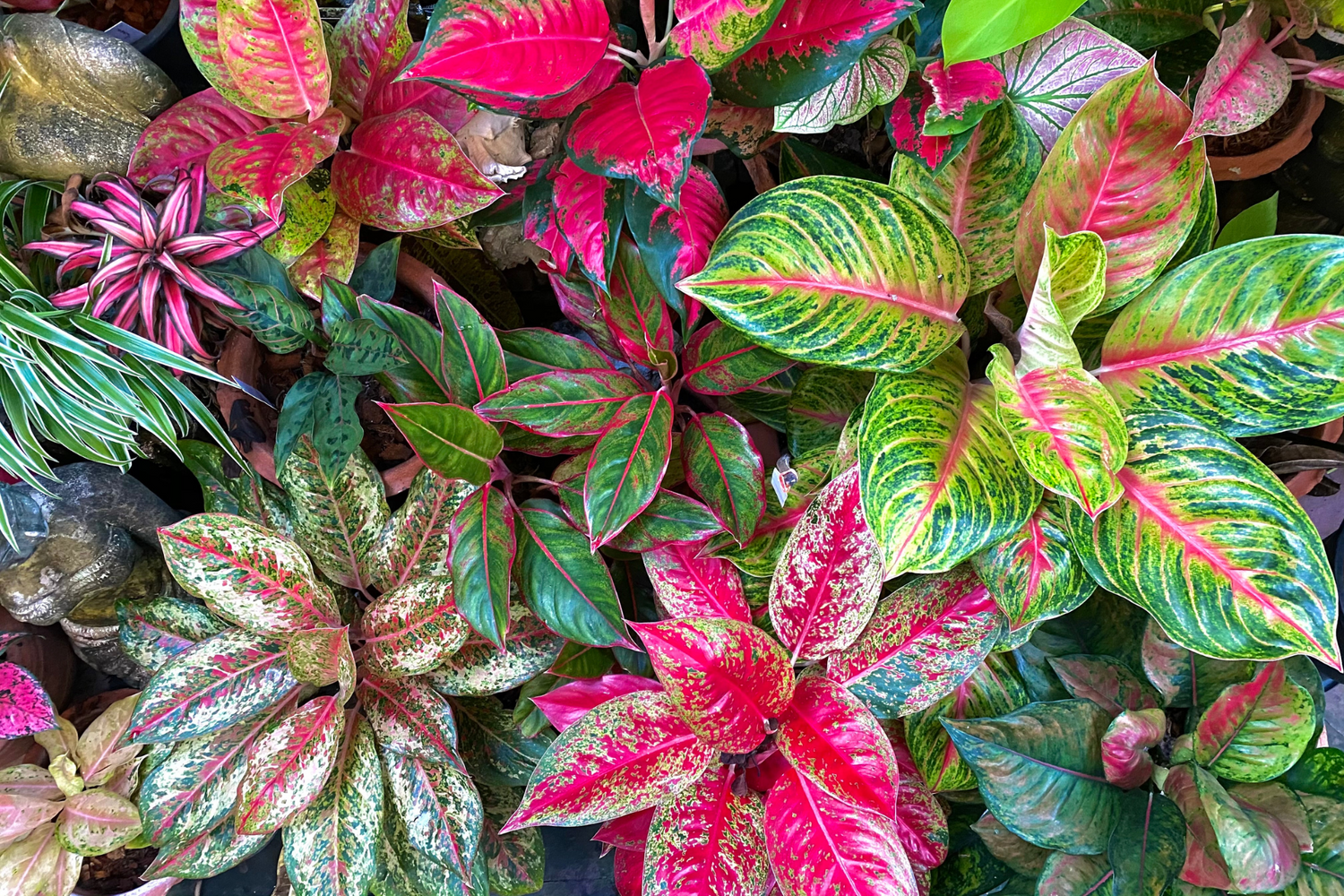
Care of the Aglaonema
The ideal place in the house for your Aglaonema
The Aglaonema does need sunlight to grow. The more sunlight, the faster the plant grows. But be careful, because too much sunlight will burn the leaves. Therefore, give the plant a maximum of three hours of direct sunlight per day .
Do you have an Aglaonema with red tones in the leaves? Then choose a slightly brighter spot .
Watering Aglaonema
The Chinese evergreen needs an average amount of water . How much water you should give depends on where your plant is located, how much light falls on that location, how humid the air is around the plant, how large the plant is and what type of pot the plant is in. That is why it is always best to check with your finger.
Plants with average thirst may dehydrate up to 50% . Stick your finger in the soil (or use a water meter), do you feel wetness before you reach the center of the pot? Then it is best to wait a while before watering again.
Care products for you Aglaonema: Care & tips
-
Organic houseplant food
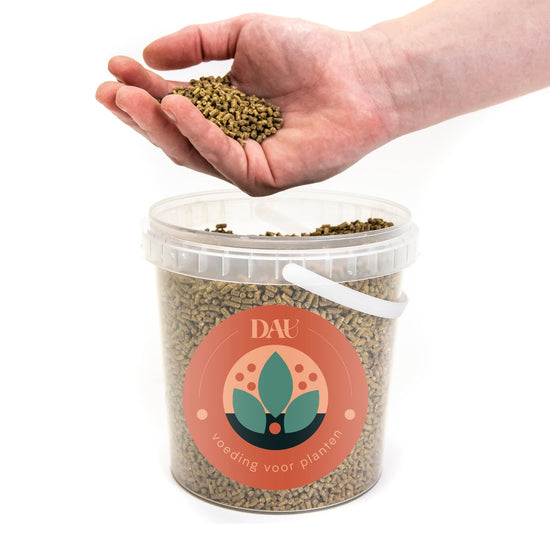 Organic houseplant food
Organic houseplant food- Normal price
-
€17,99 - Discount price
-
€17,99
Quick view
-
Organic potting soil - 5 liters
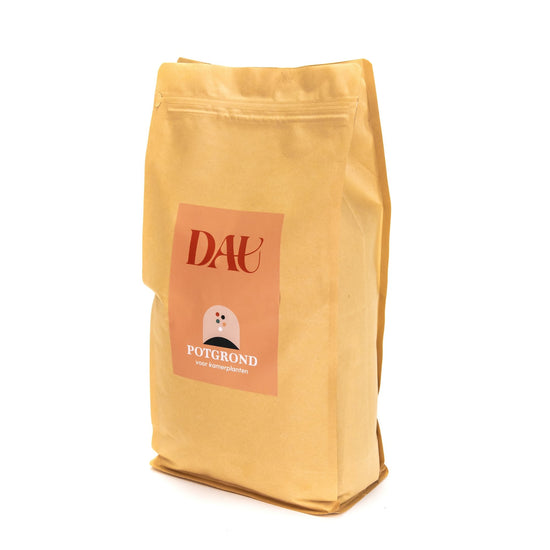 Organic potting soil - 5 liters
Organic potting soil - 5 liters- Normal price
-
€5,99 - Discount price
-
€5,99
Quick view
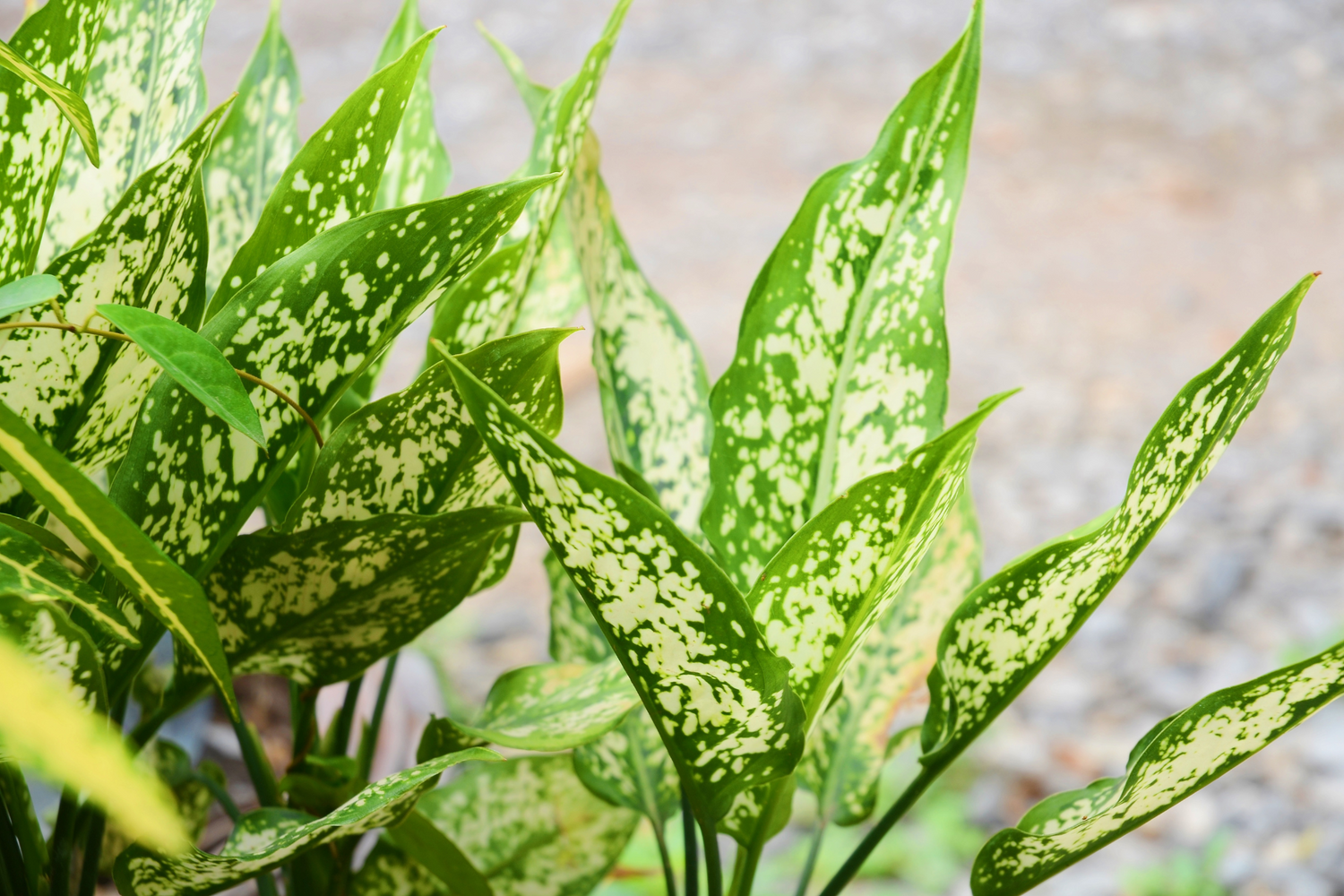
Aglaonema cuttings
The Aglaonema naturally produces cuttings around the mother plant . Pull this loose and place it in a separate pot. Try to damage the root as little as possible.
Repotting Aglaonema
An Aglaonema is a small houseplant that grows slowly. Repotting the plant is therefore not necessary often . Provide enough space for the roots and your Aglaonema will be happy and healthy.
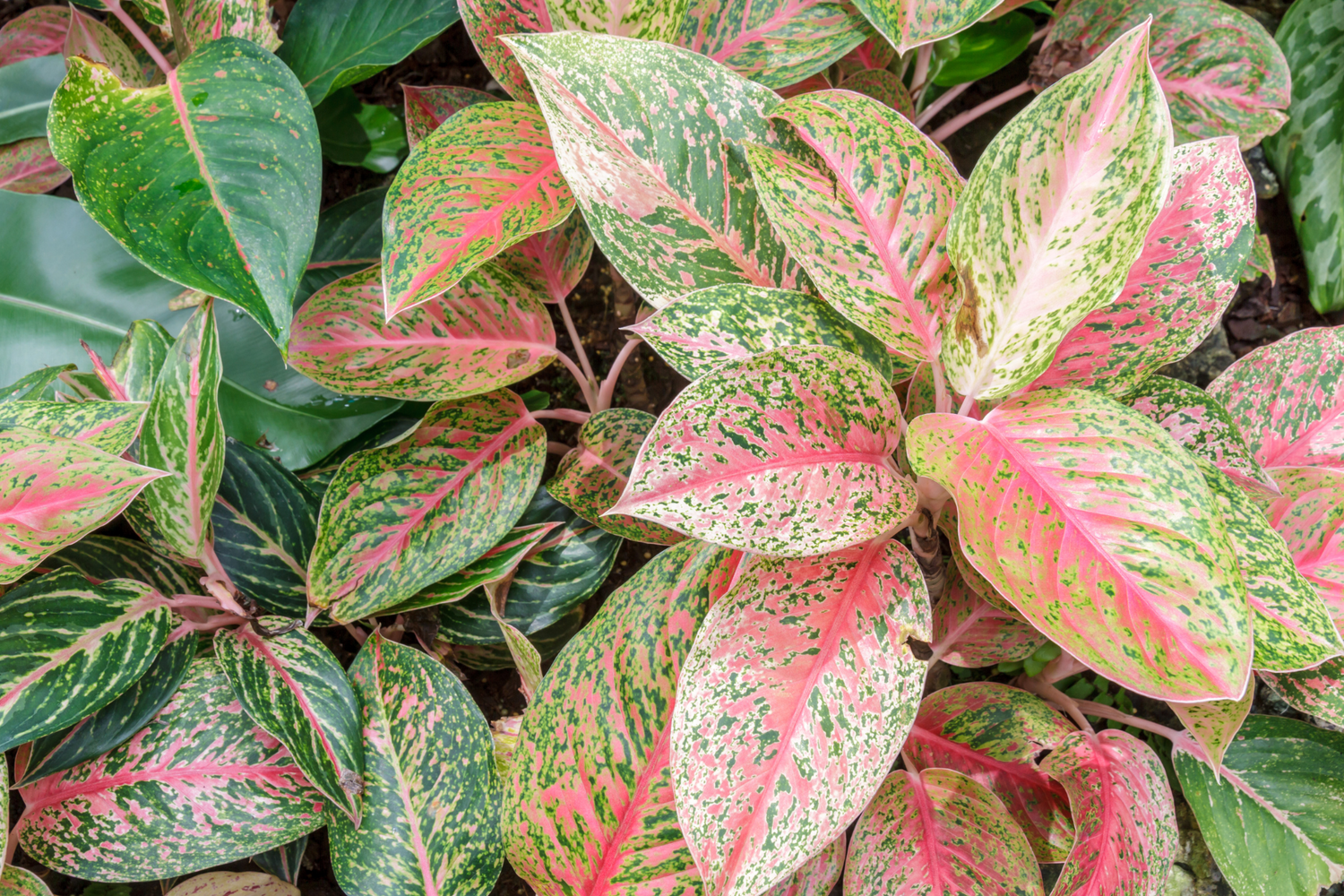
Typical Aglaonema problems
Is an Aglaonema poisonous?
The juice and fruits of the Aglaonema are slightly poisonous and cause nausea after ingestion. In rare situations, the sap of the leaf leads to skin irritation after contact.
Our most popular houseplants!
-
Maranta leuconeura 'Tricolor' | Prayer plant
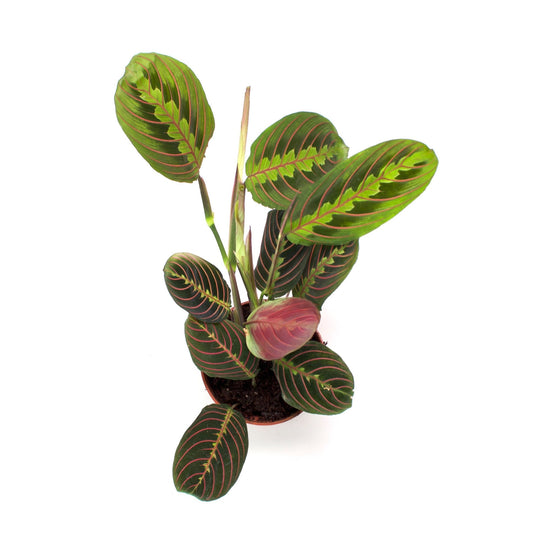 Maranta leuconeura 'Tricolor' | Prayer plant
Maranta leuconeura 'Tricolor' | Prayer plant- Normal price
-
€9,99 - Discount price
-
€9,99
Quick view
-
Alocasia reginula 'Black Velvet' | Elephant ear
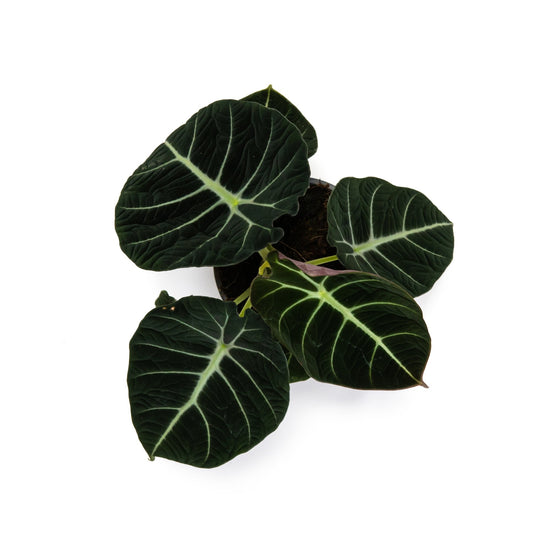 Alocasia reginula 'Black Velvet' | Elephant ear
Alocasia reginula 'Black Velvet' | Elephant ear- Normal price
-
€11,99 - Normal price
-
€14,99 - Discount price
-
€11,99
Quick view
-
Peperomia argyreia | Watermelon Peperomia
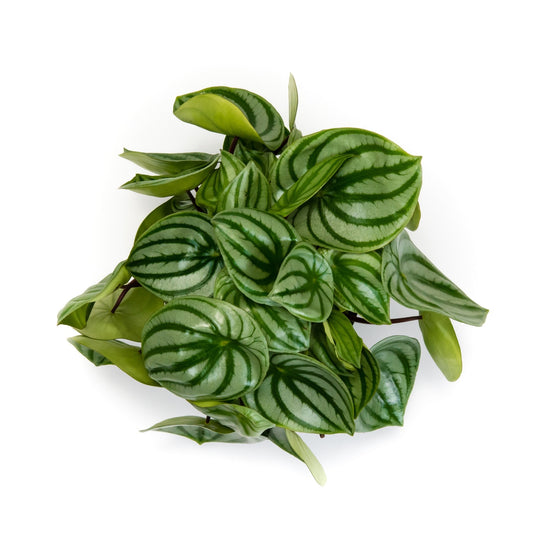 Peperomia argyreia | Watermelon Peperomia
Peperomia argyreia | Watermelon Peperomia- Normal price
-
€13,99 - Discount price
-
€13,99
Quick view
-
Zamioculcas zamiifolia | ZZ plant
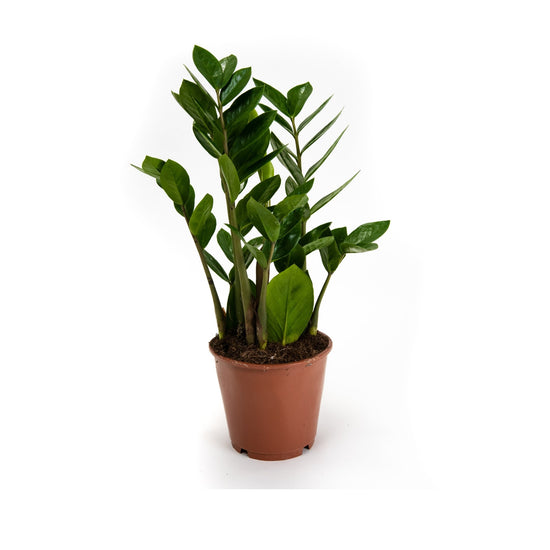 Zamioculcas zamiifolia | ZZ plant
Zamioculcas zamiifolia | ZZ plant- Normal price
-
€14,99 - Discount price
-
€14,99
Quick view

